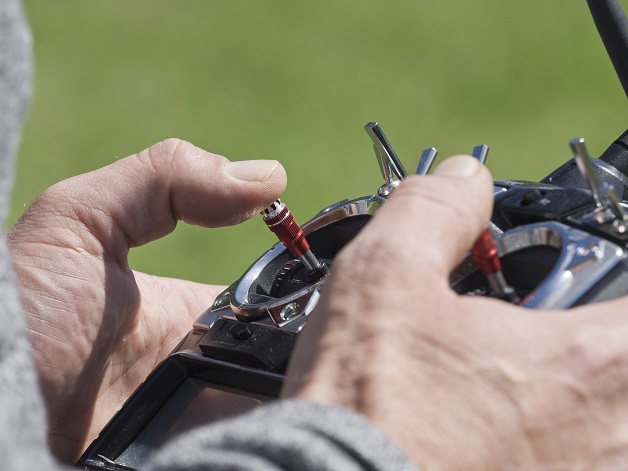The Federal Aviation Administration (“FAA”) has released the first operational rules for commercial drones (“Rule”), providing more clarity over the legal operation of such aircraft. Effective late August 2016, the Rule imposes restrictions on the use of commercial drones and the certification process for drone pilots. Significantly, the Rule covers only commercial drones, not drones used recreationally by hobbyists. Here are the Rule’s key provisions.
Restrictions on the Use of Drones
- Must weigh less than 55 pounds.
- Must be within a pilot’s or visual observer’s line of sight.
- Drones may operate during daylight; drones with anti-collision lights may operate during twilight.
- May not operate (a) over persons not directly participating in the operation, (b) under a covered structure, or (c) inside a covered stationary vehicle.
- Must yield right-of-way to other aircraft.
- With some exception, drones may fly no higher than 400 feet above ground level. Drones may fly no faster than 100 mph.
- Must be inspected by the remote pilot before flight.
- Must comply with the existing drone registration requirements.
- May carry items where such items are securely attached and will not affect the controllability of the aircraft.
- With some limitations, businesses may operate drones for hire.
The Rule allows waiver of some provisions where an applicant demonstrates that a proposed operation can be conducted safely.
Certification of Drone Pilots – Requirements
- At least 16-years old.
- Demonstrate aeronautical knowledge by either (a) passing an aeronautical knowledge test or (b) hold a part 61 non-student pilot certificate, complete a flight review within the previous 24 months, and complete an online training course.
- Pass a TSA background check.
Significantly, the Rule does not address privacy concerns associated with drones. The FAA urges drone operators to consider local and state laws, and the agency also encourages operators to consider the National Telecommunications and Information Administration Voluntary Best Practices Guide for drones. The Guide recommends privacy practices that echo recommendations made by regulators for other industries as well. Drone operators are encouraged to (1) develop a privacy policy covering data collected by their drones; (2) show care in the collection and storage of data; (3) limit the use and sharing of data; (4) secure data; and (5) monitor legal developments applicable to drones.
Those who operate commercial drones will no doubt need to review the Rule very carefully, along with any additional guidance that may be issued by the FAA. Given the continued concern over privacy issues associated with drones, operators should also consider the recommendations in the NTIA Guide.


